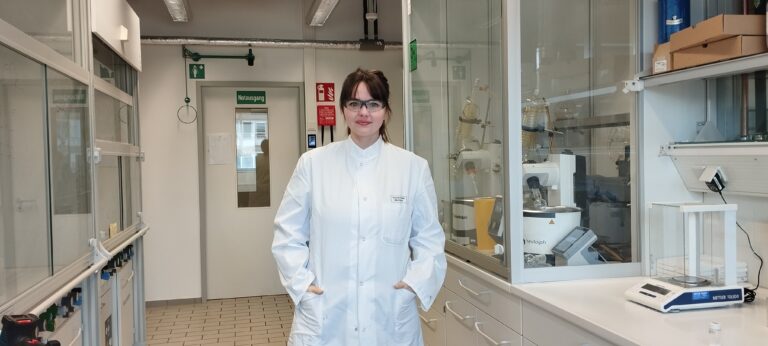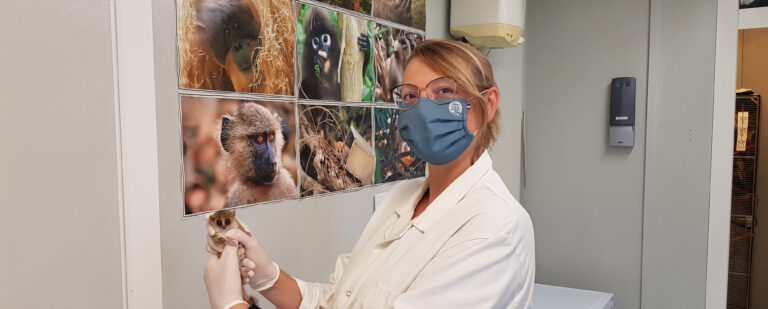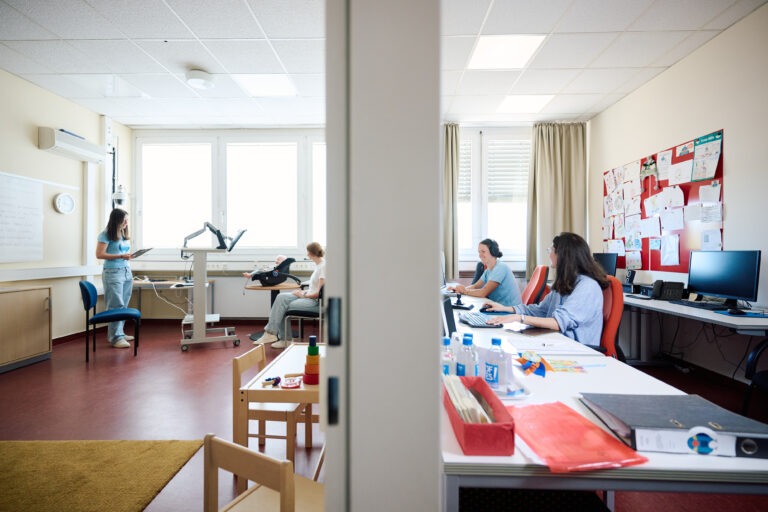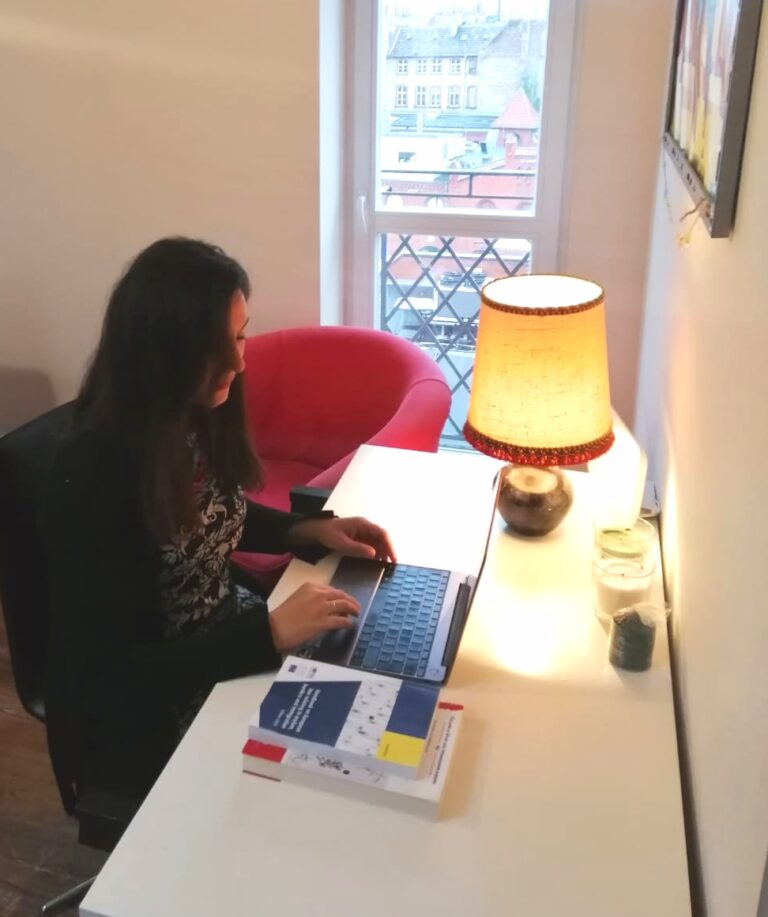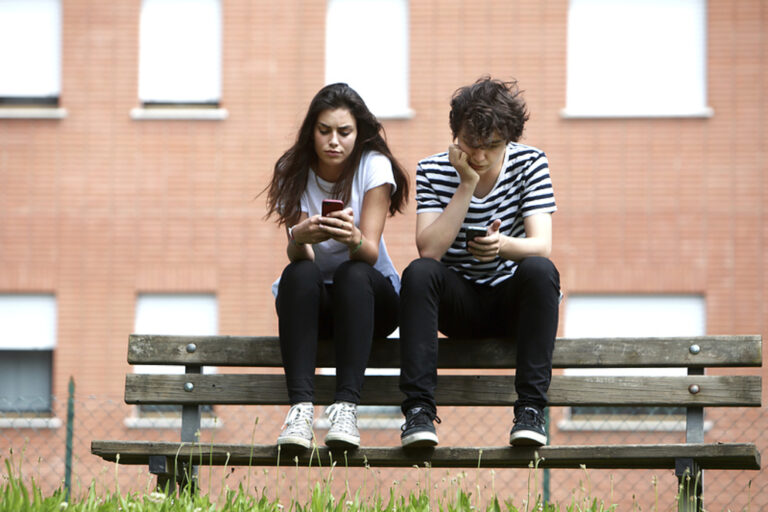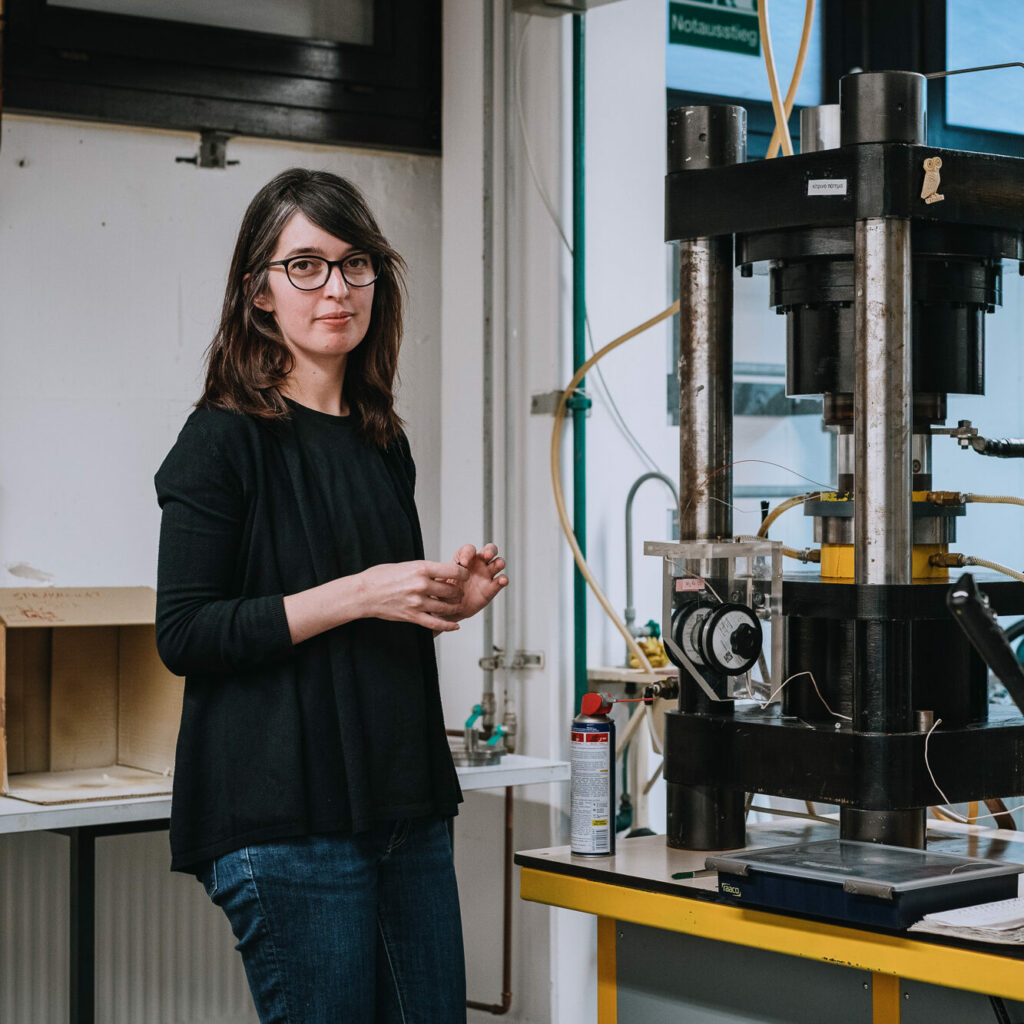
An Interview With Experimental Petrologist Dr. Carla Tiraboshi – Taking a Deeper Look Into Our Planet’s Interior
In the series “33 questions” we introduce, in no particular order, our WiRe Fellows who are currently working on a research project here at the University of Münster. Why 33? Well, if we think of the rush hour of life, it is kind of the age that lies in its middle. And we also like the number😉.
In today’s episode of “33 Questions” we are speaking with Experimental Petrologist and passionate “lab rat” Dr. Carla Tiraboschi.

1. What motivated you to work in the field of experimental petrology?
Curiosity, I have always been fascinated by the fact that we cannot directly access the majority of our planet’s interior. The Earth has a mean radius of 6371 km, while the deepest artificial point drilled in the continental crust measures only 12 km!
Luckily, there are some indirect ways to explore the processes occurring in the deep Earth. Thanks to a variety of experimental apparatuses, experimental petrologists can reproduce the conditions of pressure and temperature present in the Earth’s interior, and try to understand what is going on at those depths.
2. Describe your daily work in three words.
Laboratory, reading and writing.
3. Describe your research topic in three words.
Volatiles at high-pressure.
4. A good experimental petrologist needs…?
A lot of patience! Behind a successful experiment there are many failed ones, and it is totally normal. Also, laboratory work can be very tedious, long times at the microscope, filling tiny capsules with a precise amount of material, it is definitely not the ideal work for impatient people.

5. What is the best experience you have had as a scientist/researcher?
The feeling when you start to see the bigger picture from your experiments. It is a long process but definitely rewarding.
6. What was your biggest research disaster?
After I got my PhD, I thought I needed a break from the lab, so I tried to explore other fields in the geological sciences. I realized pretty quickly that was not the right call because I missed the “lab life” too much.
7. Which (historical) important scientist would you like to have dinner with? What would you ask?
I would like to have dinner with Rita Levi Montalcini, one of the two female Italian noble prize winners. I would like to chat with her about all the obstacles (such as fascism, racial laws, WWII) that she had to overcome in her life. She was a remarkable woman, which pursued her thirst for knowledge despite everything, even by setting up a laboratory in her own bedroom during the war. I would like to ask her a million questions about the difficulties of being a woman in science during the 40’s, or how she decided that science was the right path for her, but I will probably just let her speak the whole time about her amazing life and legacy.
8. If time and money were no object: Which research project would you like to do?
I will probably set up my own laboratory to study high-pressure volatiles, so I would basically be working on the same topic that I am working right now, but without the stress of not having a permanent position.
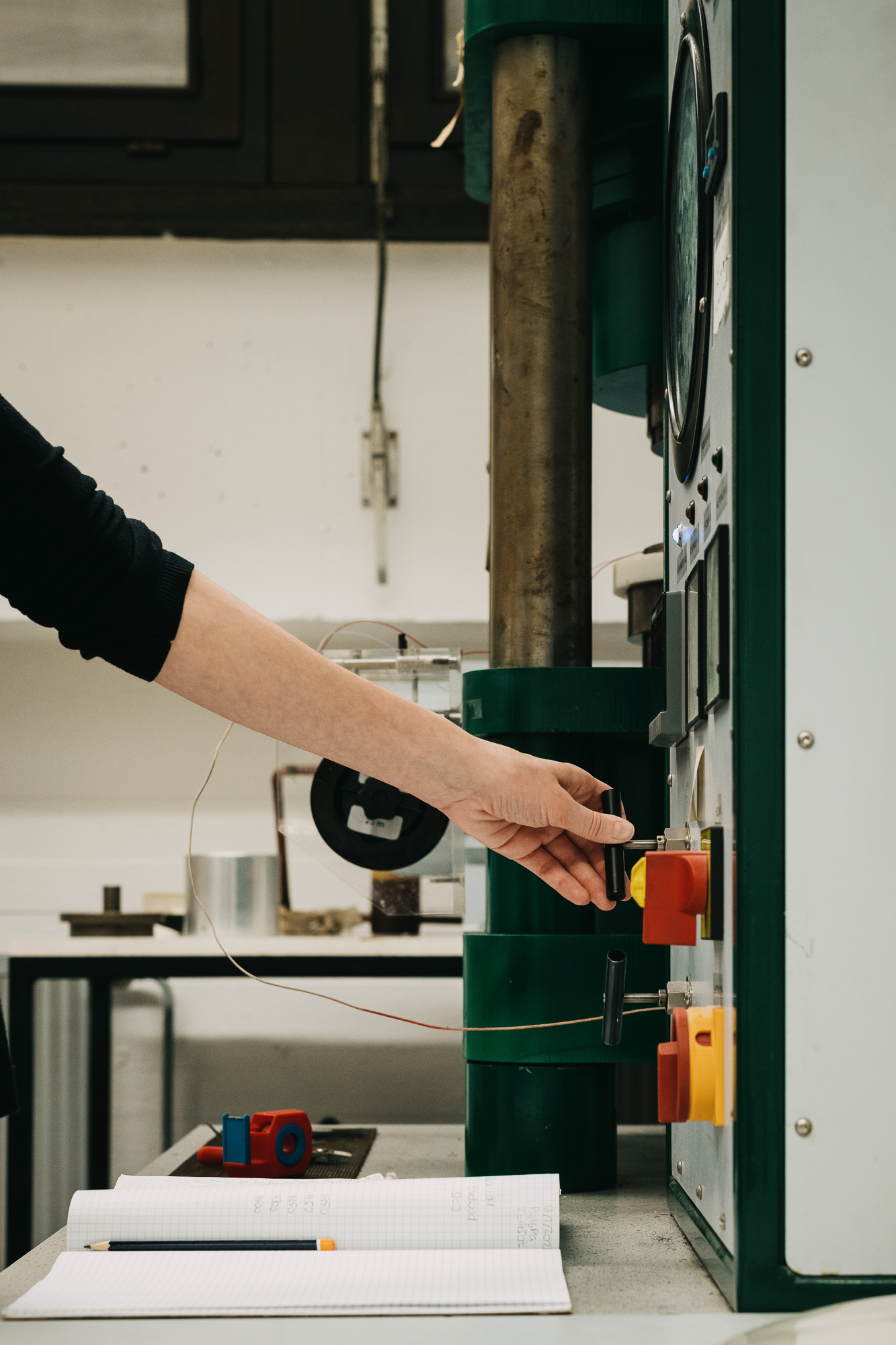

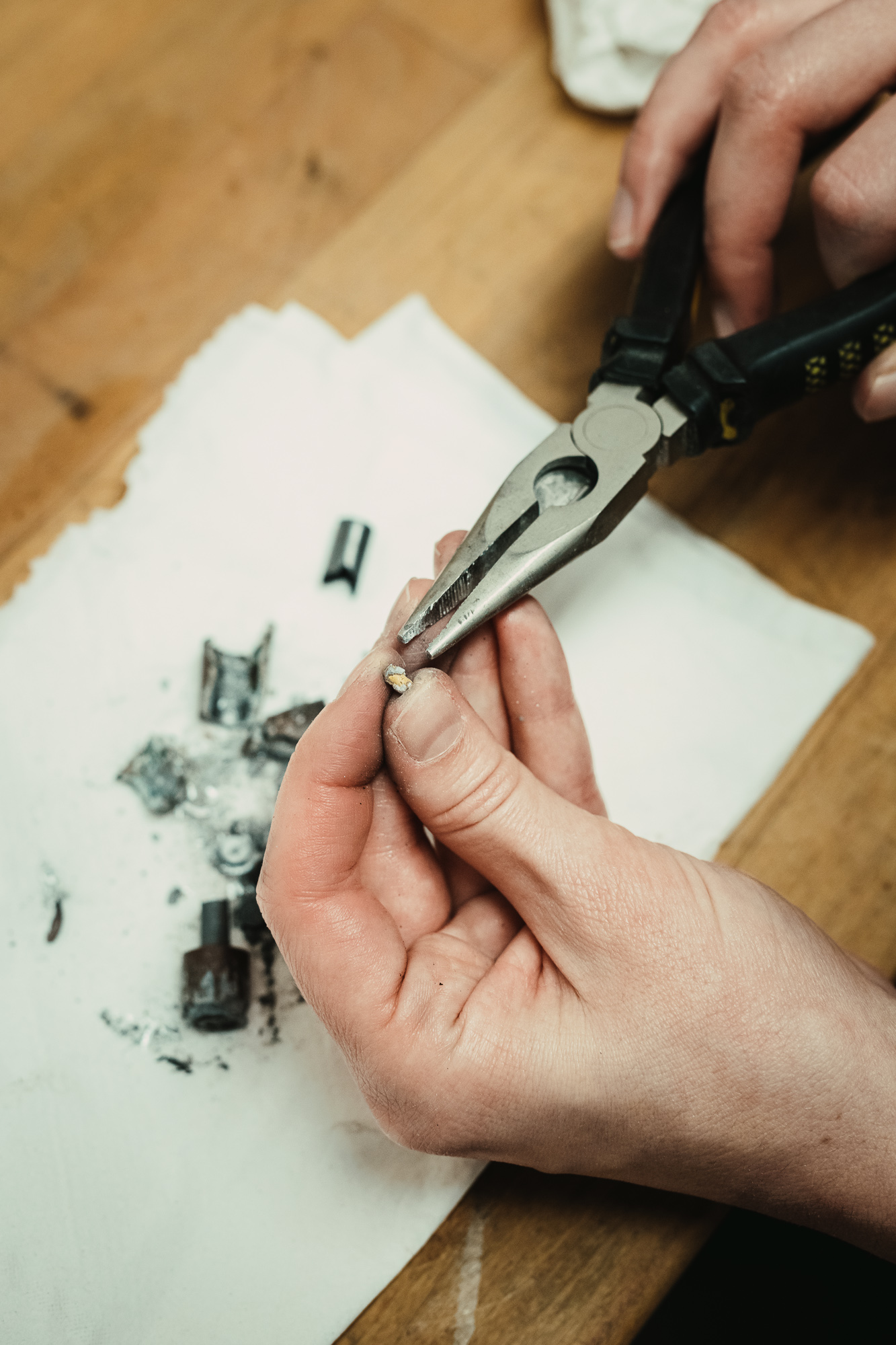
9. What do you consider the greatest achievement in the history of science / your field?
In geology, I think that plate tectonics was the biggest deal. In fact, it is classified as a “paradigm shift” in natural sciences, which is a fundamental change in the basic concepts of a scientific discipline. In experimental petrology the work of N.L. Bowen represent the cornerstone of my discipline, his 1928 book The Evolution of the Igneous Rocks is a must read for every geologist.
The greatest achievement in the history of science in my opinion are vaccines, pioneered by E. Jenner in 1796 with the development of smallpox vaccine.
10. Which experience in the world of science disappointed you the most?
The “publish or perish” system. The idea that quantity overall quality is very dangerous for science.
11. What was the funniest moment you had in science?
I am glad I can say that I had, and still have, many funny moments with my colleagues. A moment that is definitely in my top three is when my colleagues in Münster completely filled my office with balloons, for no reason at all.
I will always remember that day because on that morning I had the first ultrasound of my son Jacopo. I was extremely happy, but also a little sad since Jacopo’s father was in Italy and I was feeling a little lonely. Those balloons instantly cheered me up!
12. How did you survive your PhD time?
I didn’t! By the end of my PhD I was a total mess, but thanks to the support of my partner Giorgio, my family and colleagues I made it through. During the last months, I was basically a sleep-deprived ghost, living constantly by the computer. It was not easy having me around!
My supervisor Prof. Tumiati has also always been very supportive, especially during the final stage of my PhD. Other than the “human component”, coffee was fundamental (espresso of course)!
13. What direct or indirect relevance does your research have for society?
My research involves the study of carbon-bearing aqueous fluids, also known as COH fluids, which are high-pressure fluids composed by carbon, hydrogen and oxygen, like H2O and CO2. In particular, I’m interested in the interaction between these fluids and the Earth’s mantle, with a special focus on carbon and how this element can be mobilized.
Understanding the mechanisms that recycle carbon from depth to surface and vice versa, is a pivotal question for Earth scientists, fundamental to define the evolution of the carbon cycle and hence, of the Earth’s interior. The presence of carbon in the Earth’s interior, even at ppm levels, has a dramatic effect on the dynamics processes that shape the evolution of our planet and make it different to any other known planets. Carbon is a fundamental element for life and sustainability on Earth, as it constitutes two of the main greenhouse gases, CO2 and CH4, and its cycling deeply affects our climate and environment. Carbon in the mantle promotes mantle melting, affects mantle convection and triggers volcanic activity, among others. All these processes module the so-called deep carbon cycle, from subduction zones, where carbon is introduced to the Earth’s interior by the altered oceanic crust, or retained at depth as graphite/diamond or carbonate minerals, and to volcanic arcs, where carbon is released as CO2 and contribute to environmental hazards.
A notable effort has been made by the scientific community to address carbon in deep Earth; however, despite the intense scientific work, the topic is far from being exhausted. What happens at depth remains largely unknown, how carbon is removed from the subducting slab to the mantle wedge, and in particular, the role of COH fluids in extracting carbon via dissolution processes, requires further experimental investigation.
14. How did you imagine the life of a scientist/researcher when you were a high school student?
My mom is a math and physics teacher, so as a kid I never had in my mind the image of a male scientist, with a white lab coat, holding weird green vials, she was my “scientist reference”. However, I had no idea what was the actual job of a researcher.
15. Is it actually different? In what way?
As high school student I had no idea that universities were full of people doing their own research and just sometimes teach. Also, I did not imagine all the work behind a published paper, or the “peer review” system.
16. What do you like most about the “lifestyle” of a scientist? And what least of it?
I really enjoy working with cool experimental and analytical apparatuses. I like being able to travel for conferences and workshops (at least before the pandemic hit us) and I also appreciate the ability to organize my work schedule. I do not enjoy so much writing and dealing with bureaucratic stuff.
17. Do you think your career would have evolved differently if you were a man?
Definitely yes! I have a career hiatus due to parental leave. In addition, during my pregnancy I could not work with dangerous chemical stuff or lift heavy weight in the laboratory, so if I wanted to run an experiment I had to ask a colleague to help me. I was lucky enough to have very helpful colleagues, but I carried out fewer experiments in comparison to “non-pregnant” times.
18. If you were the research minister of Germany, what would you do to improve the situation of women in science?
I would try to increase the funding opportunity for women back from parental leave. It is very difficult to secure funding when you have a career break, and targeted funding could be a boost to get back on track for a lot of female scientists.
Germany is among the best countries in terms of parental leave support, however there are some types of contract for postdoctoral researcher that can be a problem in case of pregnancy. For instance, there is a contract type that cannot be interrupted (i.e., §2 (2) Wissenschaftszeitvertragsgesetz), not even in case of pregnancy and parental leave. It is a commonly employed contract, for instance for postdocs funded by a third part. This means that the contract will expire while the postdoc is on parental leave, which is not the best scenario for someone that just had a baby.
19. If you had a daughter, what would you advise her not to do?
Nothing, she could do whatever she wants (well, except for illegal stuff).
20. What is the biggest challenge for you when it comes to balancing family and career?
One of the biggest challenges for me is having short-term contracts, it makes all the “family planning” more complicated.
21. How often do you as a friend / partner / mother / daughter feel guilty when you have to meet a deadline again?
All the time! As a mother, I feel guilty that I don’t spend enough time with my son. This is a feeling that I share with plenty of working parents, and I think the trick is to use it as a positive boost to be productive during work hours.
22. How did you imagine your future as a child? What profession did you want to pursue?
As a child, I wanted to be a supermarket cashier, a gas station attendant and a journalist! Then, after I watched a documentary on television about two volcanologists, Katia and Maurice Krafft, I decided that I wanted to study volcanoes. I would never imagine that I would end up in a basement, studying what happened underneath volcanoes!
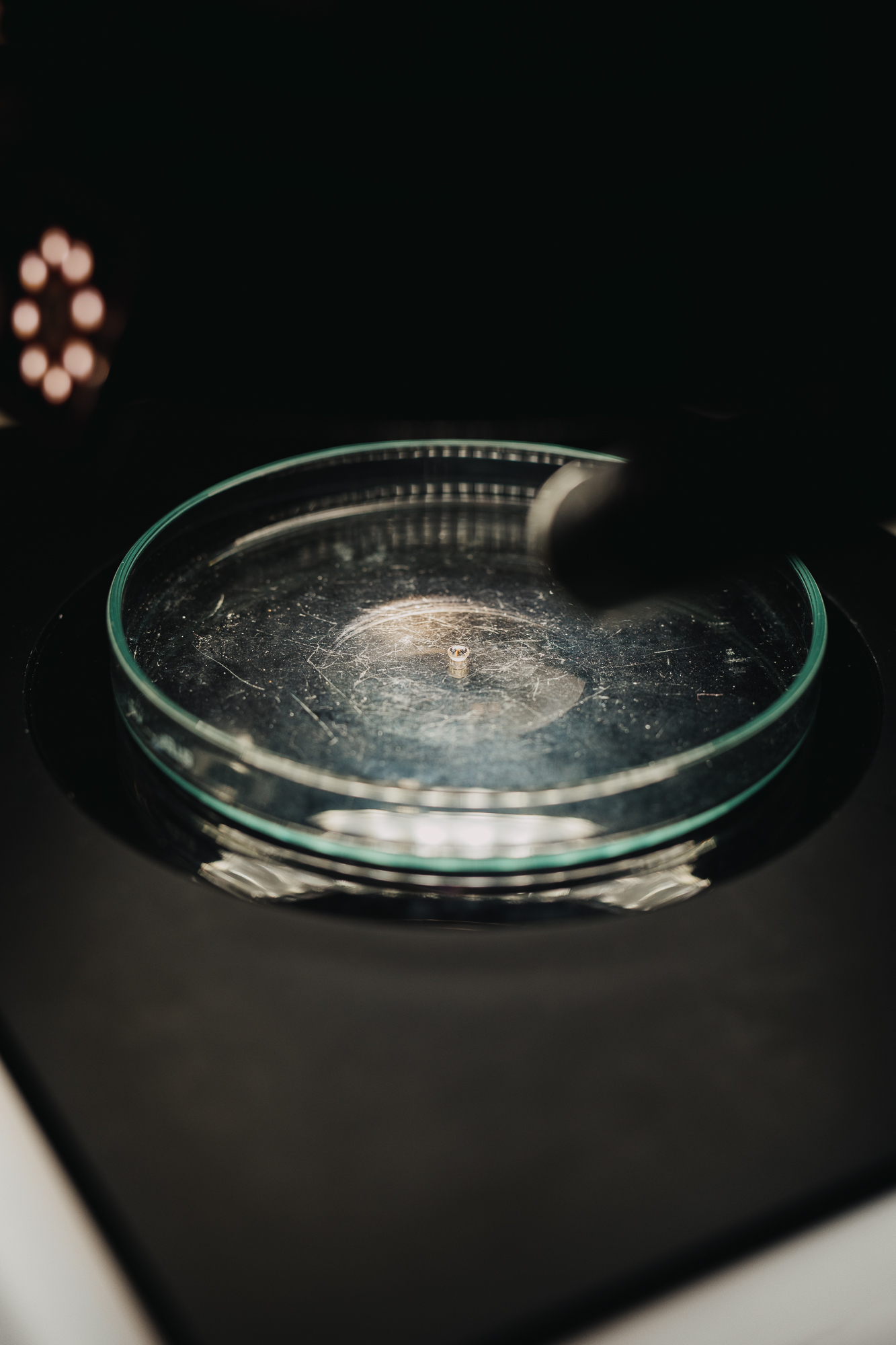


23. How do you keep your head clear when you are stressed?
Gardening is something that really helps me when I am stressed. In Italy I had a lot of plants that unfortunately would not have survived the German weather, so I’m “studying” more winter-resistant plants.
24. What is your favorite German word?
Schadenfreude.
25. What makes you most happy about the world?
My son Jacopo, I know it sounds corny but it’s the truth.
26. What or who inspired you to become a petrologist
My “igneous and metamorphic petrology” professor A. Gregnanin encouraged me to ask for a Bachelor’s project in the Laboratory of Experimental Petrology in Milan. That project became a master thesis, and it was followed by a PhD thesis. After ten years, I still work in the field, so I am glad he motivated me to start this path.
27. Which of your traits bothers you the most in your daily work?
I hate to ask for help, so I end up procrastinating just because I have a tendency to do everything by myself.
28. If you could travel in time: in which epoch and at which discovery or event would you have liked to have been there?
Very difficult question! I would like to take a look at dinosaurs, or witness the Solvay conference in 1927 (where Curie, Einstein, Schrödinger, Bohr, Bragg and many other scientists were in Brussels discussing the theme “electrons and photons”). I would also like see my parents and grandparents when they were young.
29. What are the advantages and disadvantages of doing a Research@home-WiRe-fellowship?
The biggest advantage of the WiRe-fellowship is to allow me to continue working in Münster.
30. What is your favourite place to relax from research during Corona?
Walking around Gievenbeck with my son Jacopo.
31. What is your favorite place in Münster?
The botanical garden is one of my favorite places in Münster, together with the Aasee. I also love to walk around the city center and have a proper morning cappuccino at Milano Eiscafè in Gievenbeck.
32. What surprised you most about the University of Münster?
The support for PhD and postdoc. For instance, the family office helped me with all the documents for the parental leave. There is also an office (Safir) that helps you find grant opportunities and assists you with preparing grant applications.
33. What is the biggest difference between the academic system you have last done research in and the academic system as you experience it in Münster / Germany?
One of the biggest difference of the German academic system compared to Italy are the funding opportunities. In Germany, even if you don’t have a permanent position, you can apply to secure your own funding. This is a huge difference, as it gives the opportunity to PhDs and postdocs to be (or at least try to be) independent researchers.


